Monza: Will Formula 1 ditch the cathedral of speed?
- Published
Throughout the Italian Grand Prix weekend, there was one subject that seemed to be dominating the drivers' minds - and it wasn't tyres.
During interviews they kept speaking, passionately and unprompted, about the Monza circuit and the risk of it being removed from the Formula 1 calendar. , externalThe verdict was unanimous - the idea dismays them.
Talks over a new deal to secure the race's future beyond 2016 have stalled and there is a real chance that next year's race will be the last.
Lewis Hamilton believes Monza "should be here for the rest of F1's life" and "has to stay here for moral reasons" because it is so historic.
Williams' Felipe Massa agreed: "You cannot take it out. Here we are in the history of F1. Here is a part of what everything F1 is. We race for the people and when you see the podium, with a lot of people screaming and crying, we cannot lose that. This is part of our blood."
Sebastian Vettel, experiencing Monza for the first time as a 'home' Ferrari driver, did not mince his words: "If we take this away from the calendar for any money reasons, I think you are basically ripping our hearts out."
So what makes Monza so special? Why is the race at risk? And why does it matter if it gets dropped?
The soul of the sport
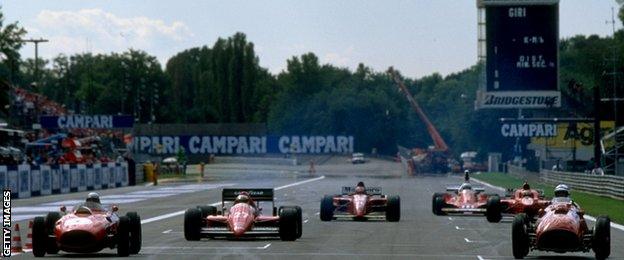
Formula 1 Ferraris through the ages took to the Monza track in 1998
The home of the Italian Grand Prix is the oldest and fastest racetrack on the F1 calendar - arguably this is the place to find the soul of the sport.
It held its first grand prix in 1922 and through the near-century since, Monza has seen it all, from the closest finish on record in 1971 to the deaths of some of the sport's greatest drivers, including Jochen Rindt - F1's only posthumous champion in 1970 - and Ronnie Peterson, in 1978.
Set in the grounds of the largest city park in Europe, history hangs heavy in the early-autumn air when F1 gathers for the race every September. It is the spiritual home of Ferrari and the devoted Tifosi turn up en masse to roar on their beloved scarlet cars.
All the greats have raced at Monza and the ghosts of the past are almost tangible among famous corners such as the Parabolica, Lesmo and Curva Grande.
It was where Niki Lauda made his astonishing comeback in 1976 just six weeks after he nearly burned to death in his horrific crash at the Nurburgring. World champions have been crowned there, while two-time champion Mika Hakkinen was reduced to tears after spinning out in 1999.
Since the inauguration of the F1 World Championship in 1950, Monza has hosted the Italian Grand Prix every year bar 1980 when it was being renovated. No other circuit - not Monaco, not Silverstone - has been such a fixture.
Surrounded by the towering protected trees of the royal park, and with the Alps visible in the distance, Monza truly is the cathedral of speed.
'For Ecclestone, history is not more important than money'
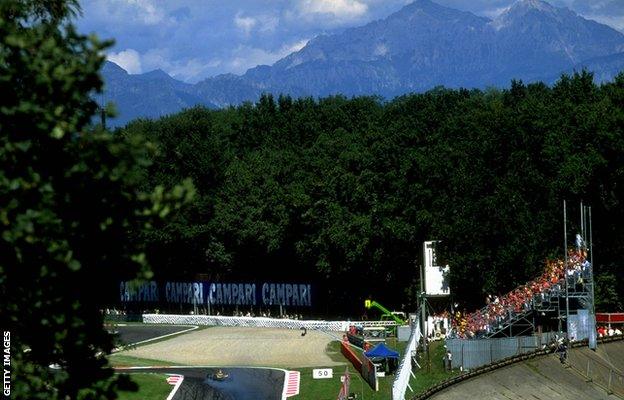
As well as offering thrilling racing, Monza is a spectacular setting
The day before this year's race, F1 boss Bernie Ecclestone met with officials from the state government of Lombardy, the Italian region in which the track is situated, to try to resolve the dispute which threatens Monza's future as a grand prix venue.
The issue, unsurprisingly, is money.
"Ecclestone might not go gooey over the atmosphere, the trees, the beautiful light, the banking and so on as most visitors do, but he is more than smart enough to appreciate what Monza means to F1, and that maintaining some semblance of a link with the sport's past is important," says BBC chief F1 writer Andrew Benson.
"But, for Ecclestone, it is not more important than money. Nothing is. He is demanding a higher fee, and he sees no reason to give Monza a discount just because it has a past.
"A route out of that impasse looks for now as difficult as finding a way through the fans that crowd the entrance to the paddock.
"They come here from year to year, from generation to generation, a love for the place and the sport it hosts passed on from father to son.
"To lose all this is unthinkable for most. But not many people have played brinksmanship with Ecclestone and won."
Is F1 in danger of turning its back on the past?
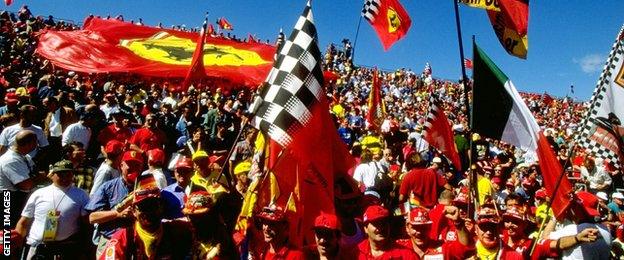
The Tifosi offer devoted backing to the Ferrari team
While the F1 calendar has expanded significantly in recent years, adding events in the Middle East and south-east Asia, a number of the most historic races have been lost.
At the turn of the Millennium, it would have been unthinkable to have a race schedule without the French and German Grand Prix but that is the reality in 2015. Silverstone was so nearly lost as well until Ecclestone and owners the British Racing Drivers' Club finally resolved a long-running dispute., external
In two weeks' time the sport will reconvene in Singapore for F1's annual night race. Inaugurated in 2008, it has quickly established itself as one of the highlights of the year and is a hugely popular venue for drivers, teams, fans and the television audience.
F1 is correct to embrace the future but it is surely diminished if it turns its back on the past.
Massa, who finished third at Monza on Sunday, said afterwards: "We go to amazing countries, countries that didn't even know what F1 was before and I love to go there. But you cannot lose something that is inside the blood of the sport."
Race winner Hamilton is of a similar mind.
He said: "When you go to a new circuit, Ayrton [Senna] didn't drive there, [Juan Manuel] Fangio didn't drive there. The greats. There is no history there. Italy and Ferrari are huge parts of this sport. This is an area you can't lose."
Most F1 fans will join the world champion in praying that the majesty of Monza is preserved.
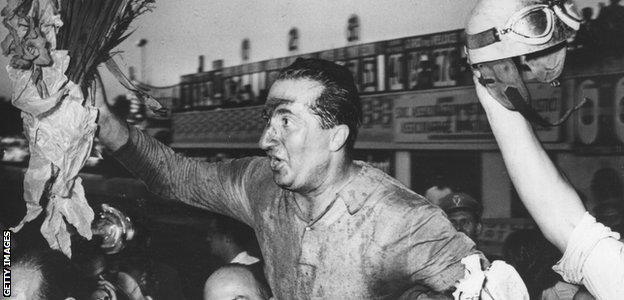
Italy's Alberto Ascari won for Ferrari in 1951 - he would die after crashing at Monza four years later
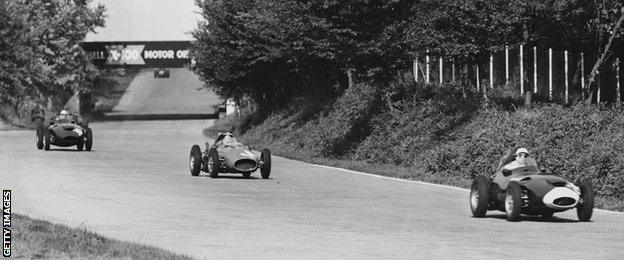
Stirling Moss in a Vanwall leading Ferrari's Mike Hawthorn and Stuart Lewis-Evans (in a Vanwall) at the 1958 race
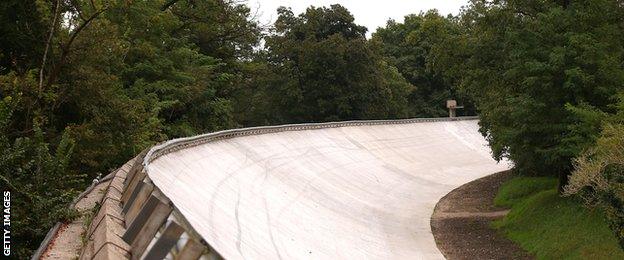
The Monza banking was last used for the 1961 race
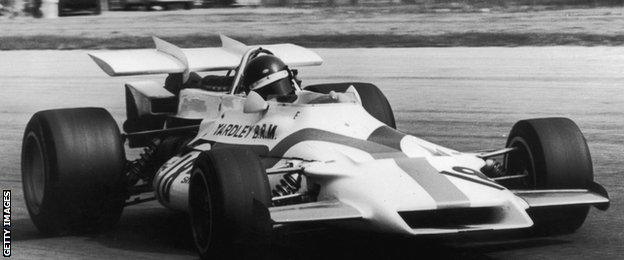
The first five cars were separated by 0.6 seconds when Peter Gethin won the 1971 Italian Grand Prix
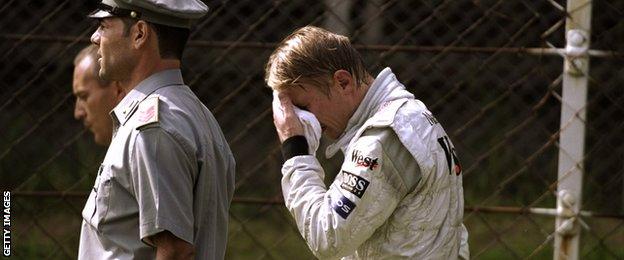
McLaren's Mika Hakkinen was reduced to tears when he selected the wrong gear and spun off in 1999
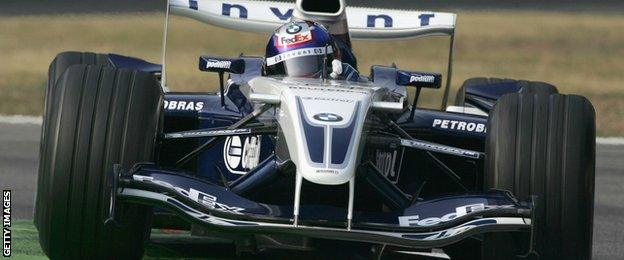
Juan Pablo Montoya lapped Monza at an average speed of 162.9mph in 2004 - the fastest F1 lap in history
- Published6 September 2015
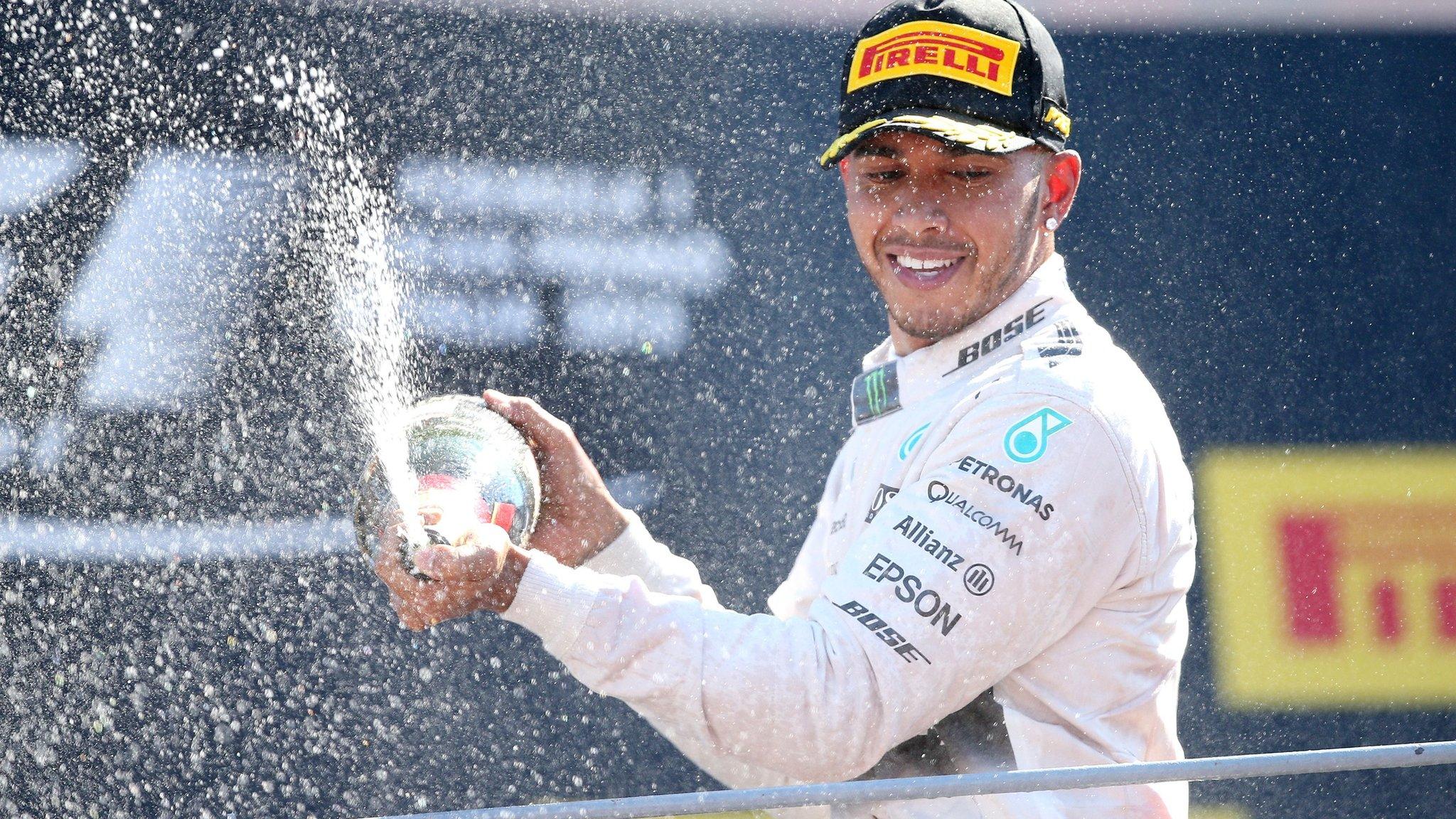
- Published6 September 2015
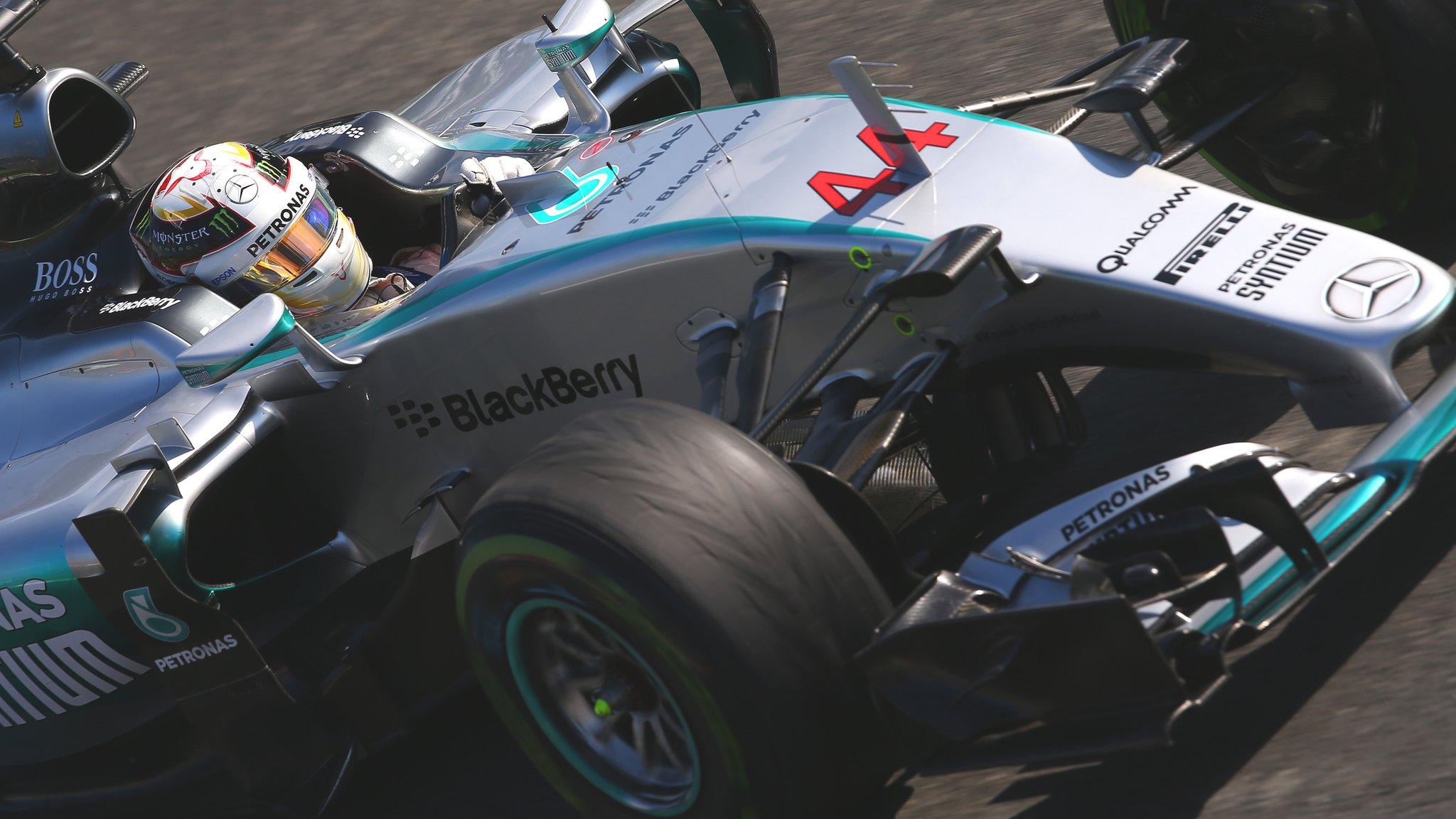
- Published6 September 2015
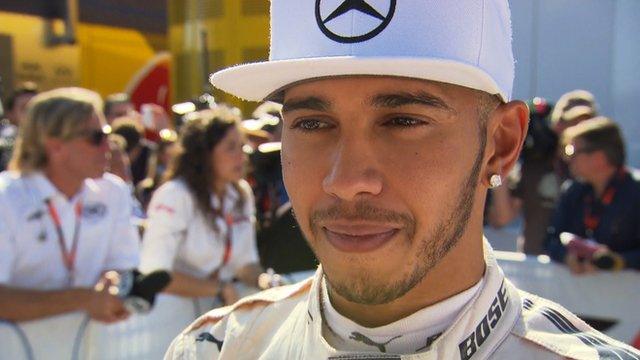
- Published18 December 2015

- Published2 November 2018

- Published26 February 2019
